Introduction
Autism Spectrum Disorder (ASD) is a complex neurodevelopmental disorder that affects millions of individuals worldwide. It impacts social interaction, communication, and behavior, presenting unique challenges for those diagnosed and their families.
In this article, we will explore the nature of autism as a lifelong condition, its impact on family dynamics, support strategies for families affected by autism, the importance of self-care for parents and caregivers, and the significance of building a supportive and inclusive community. By providing guidance and resources, we aim to empower Parent Advocates to navigate the challenges of raising a child with autism and ensure the well-being of their loved ones.
Understanding Autism as a Neurodevelopmental Disorder
Autism Spectrum Disorder (ASD), a complex neurodevelopmental disorder, manifests itself in diverse ways, impacting social interaction, communication, and introducing repetitive behavior patterns. It is a lifelong condition, not a disease to be cured, and is present from birth. The challenges it presents vary from individual to individual, and its influence on an individual's life and their family is unique.
According to the U.S. Centers for Disease Control and Prevention, approximately 5.4 million adults, or one in 45 people, have ASD. This number has seen a significant increase in recent years due to heightened awareness and understanding. The DSM-5, used by clinicians for diagnosis, highlights that the core features of Autism must be present from early childhood.
However, for some, symptoms may not fully manifest until social demands surpass their capacity to cope. A recent report noted a higher identification of Autism in White and Black children than Hispanic children, with boys being four times more likely to receive a diagnosis than girls. It is essential to remember that Autism is not a disability, but it can lead to various challenges.
Early diagnosis and intervention can lead to optimal outcomes, with 10-20 percent of children diagnosed before the age of 5 able to live independently as adults. ASD is a developmental disorder with both strong genetic and environmental risk factors. The impact of Autism on an individual is unique, and each day brings a new beginning and a new ending, providing hope for better days ahead.
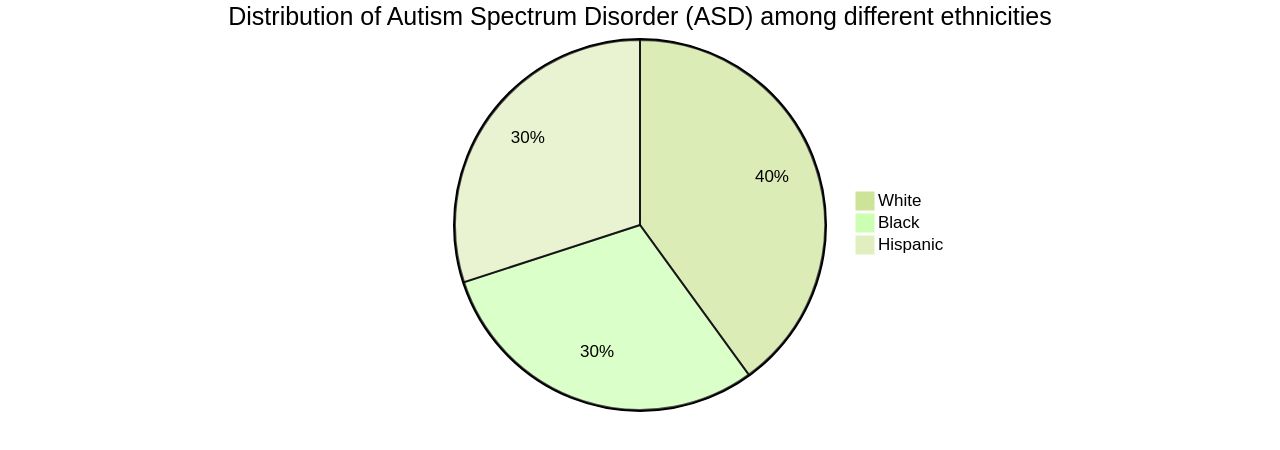
Exploring the Impact of Autism on Family Dynamics
Autism Spectrum Disorder (ASD) deeply influences the family environment, impacting not just the individual diagnosed but also their parents, siblings, and extended family. The unique nature of ASD often necessitates additional support and care from family members, which can place significant demands on their time, energy, and resources. Furthermore, the emotional weight of managing the needs of a child with ASD can impose stress on family relationships and dynamics.
Given the recent CDC estimates, ASD is more prevalent than ever with 2.2 percent of American adults and around 5.4 million people aged 18 and older, or about one in 45 people, living with the condition. This rise in numbers is primarily due to increased awareness, leading to more diagnoses. Interestingly, many parents discover their own ASD traits after their child's diagnosis, further altering family dynamics.
The impact of ASD on families is not limited to those immediately involved. Anecdotal evidence suggests that undiagnosed ASD can cause distance and estrangement among siblings, leading to challenges in forming meaningful connections. This can contribute to feelings of loneliness and rejection within the family unit.
Moreover, the rise in ASD diagnoses has significant implications for families, particularly given the shift in guidelines affecting access to necessary supports. It's estimated that one in every 59 children has ASD, according to estimates from CDC's Autism and Developmental Disabilities Monitoring (ADDM) Network. This underscores the pressing need for a system that offers fair access to necessary supports for all individuals with disabilities.
In conclusion, ASD is not merely a condition that one is born with; it shapes family dynamics in profound ways. With the increasing prevalence of ASD, it is crucial to improve services and support for families navigating these challenges. This would not only alleviate the pressures they face but also foster a more understanding and inclusive society.
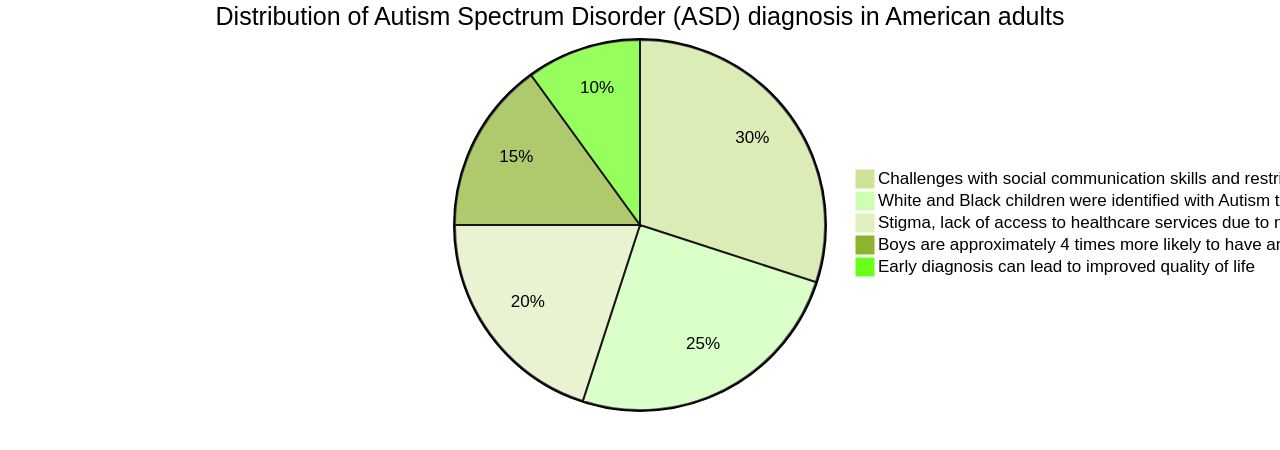
Support Strategies for Families Affected by Autism
Addressing the complex needs of a child with Autism Spectrum Disorder (ASD) requires a combination of resources, strategies, and unwavering dedication from the family. The early childhood onset of ASD, characterized by communication difficulties, social interaction challenges, and repetitive behaviors, often requires significant family resources and sometimes necessitates a primary caregiver. However, with increased understanding and awareness, families can effectively advocate for their child and access necessary resources and services.
Implementing personalized therapies such as applied behavior analysis (ABA), speech therapy, and occupational therapy can arm children with autism with essential life skills, thereby improving their quality of life. Additionally, addressing coexisting medical conditions can markedly enhance a child's health, behavior, communication, and social skills. Organizations like The Autism Community in Action (TACA) play a significant role in providing support to families dealing with such co-occurring medical issues.
Creating a support network consisting of other parents and professionals can provide families with guidance, shared experiences, and emotional support. These strategies have been found to lessen distress, improve family well-being, enhance family functioning, and mitigate shared stress. They also foster a positive outlook and adaptability in times of crisis.
As an anonymous author once said, 'Every day brings a new beginning and a new ending.' Each day with autism is different, and maintaining hope that the next day will be better is a valuable coping strategy. In the end, families impacted by autism are not alone.
With the right approaches, resources, and support network, navigating through the challenges becomes easier. Ensuring a better quality of life for their loved ones with autism becomes possible. For additional support, consider subscribing to www.asd.media, which offers unlimited digital access to resources for $130/year or $5-7/month.
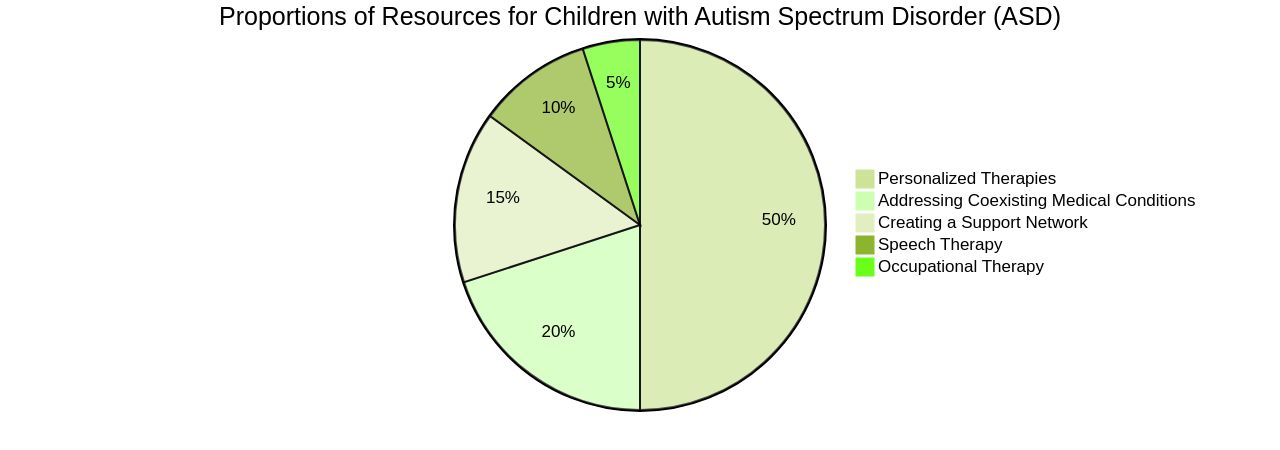
Promoting Self-Care for Parents and Caregivers
The journey of nurturing a child with autism can be both physically and emotionally taxing. It's essential for caregivers to put their well-being first. Maintaining their physical and mental health enables them to offer the best care for their child.
This could involve regular exercises, pursuing hobbies, seeking professional help for personal issues, or exploring options for respite care to take short breaks from their duties. By making self-care a priority, caregivers can uphold their health and be better prepared to support their child with autism. In a study, 145 parents either diagnosed or self-identified as autistic or with ADHD reported signs of parental burnout, such as exhaustion and emotional distancing from their children.
The societal and psychological challenges of adulthood can become even more complex when an individual is neurodivergent. Parental burnout is a serious concern as it can negatively impact parents' mental health and undermine their ability to connect with their children. This can be particularly challenging for neurodivergent parents, who might face greater difficulties with the multitasking demands of parenthood, and more distress associated with parenting.
Furthermore, a Pew Research Center study revealed that about 40% of U.S. parents with children younger than 18 are extremely or very worried about their children potentially struggling with anxiety or depression. While evidence-based therapies for a child's mental health should include the parents, the focus on adult caregivers' stress and anxiety often falls short. Therefore, it is vital to recognize and address the importance of caregiver health and well-being in the overall support system for children with autism.
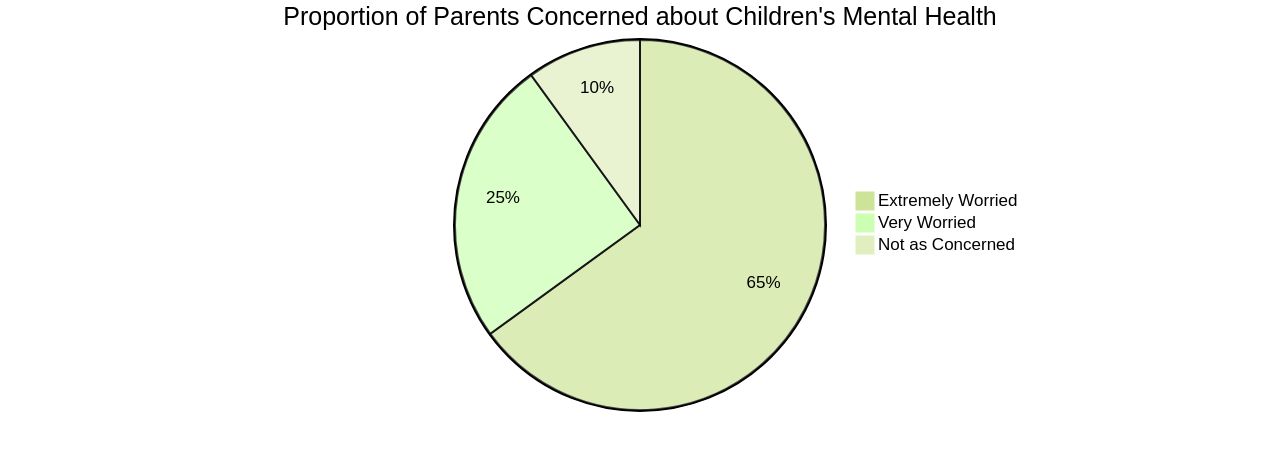
Building a Supportive and Inclusive Community
Families impacted by autism spectrum disorder (ASD) navigate a complex landscape of challenges. The sensory differences experienced by many individuals with autism, such as sensitivity to sensory stimuli, can make traditional learning environments difficult.
However, the law mandates inclusive classrooms, providing autistic children the right to learn alongside their neurotypical peers and request class assistants. Yet, these settings can still present hurdles for autistic students dealing with sensory overload.
The challenges extend beyond the classroom. Parenting a child with autism often demands almost exclusive dedication, sometimes necessitating a family member to become the primary caregiver.
This can lead to renouncing various aspects of personal or professional life to provide optimal care for the child. Despite the difficulties, hope, social support, and peer support are powerful strategies that can alleviate distress for these families.
By promoting emotional support and information exchange, these strategies can enhance family well-being, fortify family functioning, and alleviate collective anxiety and stress. In the face of these challenges, communities are rising to the occasion.
For instance, parents and local councils in the UK are collaborating to create pioneering supported-living homes for autistic adults with high needs. This partnership helps address the shortage of suitable, safe, and secure residential accommodation for young adults with autism. Moreover, initiatives like the Autism Welcoming Initiative work towards establishing public spaces where individuals with autism can feel comfortable. This effort trains businesses to be more inclusive and autism-friendly, reducing the anxiety parents often feel about bringing their children into community spaces. With autism affecting 1 in 36 children in the U.S., such efforts are critical. It is through these collective efforts that we can foster a society that not only supports but empowers individuals with autism and their families, enabling them to thrive.
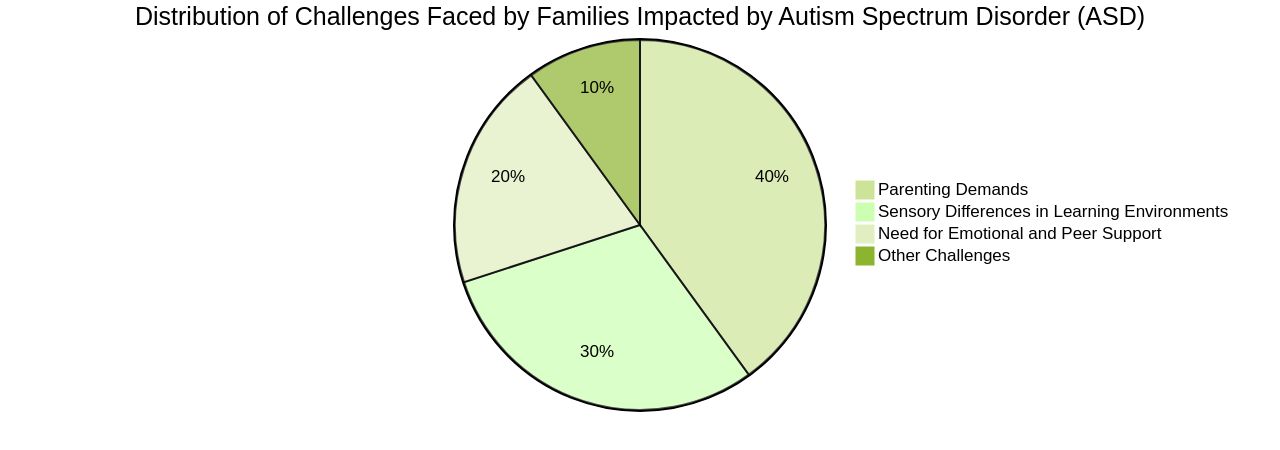
Conclusion
In conclusion, Autism Spectrum Disorder (ASD) is a lifelong neurodevelopmental disorder that impacts social interaction, communication, and behavior. Early diagnosis and intervention are crucial for optimal outcomes. ASD deeply influences family dynamics, necessitating additional support and care.
Improving services and support for families is essential to foster an inclusive society. Addressing the complex needs of a child with ASD requires resources, dedication, and personalized therapies like ABA. Creating a support network of parents and professionals provides guidance and emotional support.
Caregivers must prioritize self-care to better support their child. Building a supportive community is vital for families impacted by ASD. Inclusive classrooms provide opportunities for autistic children to learn alongside their peers.
Efforts are being made to establish supported-living homes for autistic adults with high needs and create autism-friendly public spaces. By empowering Parent Advocates with guidance, resources, and support networks, we can navigate the challenges of raising a child with autism and ensure their well-being. Together, we can foster an understanding society that supports individuals with autism to thrive.




